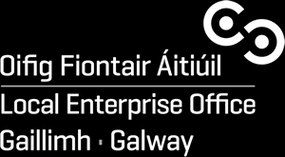|
I heard someone say once that if we were to write anxiety like an equation it would be "an overestimation of the problem, over an underestimation of our strength to deal with the problem". Something I often ask clients to do is to take an inventory of the strengths and resources they have, things such as perseverance (aka stubbornness), friendships, compassion, creativity, a meditation practice, work ethic, communication skills, a loving and loyal pet, you get the idea. These are the things that we can call on to help us through difficulty, and as we head into another year of uncertainty, now is a good time to take stock of what we have to see us through. If you find your list is looking a little short, ask a friend or someone you look up to to help you (you can do this in your imagination if you like), what would they list your strengths and resources as? When you have your list, keep it handy, read it often, and always remember, you're stronger than you think. "I am larger, better than I thought; I did not know I held so much goodness." - Walt Whitman
0 Comments
We are in the space between Christmas and New Year, and for those of us lucky enough to be off work, it can sometimes be a challenge to completely switch off when we've been busy. The body and mind get used to going at a certain pace, and remembering to intentionally relax can help us to get the rest we need to face the new year refreshed. Check in with yourself a few times each day this week to see what your inner state is, are you needlessly rushing? Are you holding tension? Are you thinking about things you have to do? Whatever you notice, give yourself permission to let it go. Slow down, relax the muscles, park the item onto a to-do list and forget it. Think of these little acts of switching off as money in the energy bank for the coming year. “Sometimes the most productive thing you can do is relax” - Mark Black This Christmas may be unusual for many of us as so many people won't get home to see our loved ones. No doubt this will bring some sadness, but it is possible to still have a Merry Christmas, if we take care with our thoughts. Thoughts really matter. If we approach the holidays focusing on what we lack, we will feel that lack whatever we are doing. If we approach them with a sense of gratitude, we can have a merry and full holiday, whatever our circumstances. See if you can bring your awareness to the mental attitude you bring to the coming weeks, and if you notice an attitude of lack, see if you can shift toward gratitude. Don't underestimate the power of a little gratitude, studies have shown that a regular gratitude practice can rewire the brain to be more positive. When we have breath in our lungs there is something to be grateful for, so bring your attention to the small things, they really do matter. Wishing you a Joyful Christmas, whatever you're up to. "...nothing is really good or bad in itself—it’s all what a person thinks about it." - Shakespeare We've all heard the saying "Don't meet trouble half-way", but how do we put it into action? This week, set a timer on your phone to go off at random times during the day. When you hear the timer, check in with your thoughts. Are you thinking of what might go wrong? Or worrying about how you're going to deal with a problem? If the answer is yes, ask yourself "Is there anything I can do about this right now?" If not, then let the thought go, it's just stressing you in the present. “Worry never robs tomorrow of its sorrow, it only saps today of its joy.” – Leo F. Buscaglia This week the Weekly Minute is again inspired by a client. (Whenever I use an idea inspired by a conversation with a client, I always ask their permission before publishing it) In session we were chatting about overthinking and worry, and how best to let go of troublesome thoughts. As we all know, thinking about things to a certain extent can be helpful-- we need to plan what to have for dinner, how to get from A to B, what we need to pack for a trip. However, some of us tend to over think, we make a plan and then proceed to consider all sorts of scenarios where things could go wrong. The reason we need to let this type of overthinking go is that the body doesn't know the difference between a thought and reality. So for example, say I have an appointment in a new place I've never been to before. The logical thing to do is get on google maps and check the route and how long it will take to get there, and plan my departure time from that, done. But then my mind may start wondering what will happen if there are roadworks? Or an accident? Or if I am in an accident?? Or if the car won't start!! All these thoughts cause the body to tighten up and experience a stress response as if they are actually happening. This is why it's so important to not engage with these thoughts when they come. I can plan to leave 15 mins early in case of an unexpected event, and then leave it there. The next time a worry thought comes in, I can let it go, knowing I have planned as much as I can. My client came up with a fantastic visual to help her work with this: She pictured herself enclosed in a safe protective bubble, and when a worry thought comes in, she gently places it outside the bubble, where it can't cause stress. She may need to do this over and over, but each time she does, she is breaking the habit of worry and overthinking. Give it a try this week, or see if you can come up with your own. :)
Back in Lockdown, many of us are spending more time in our own heads as the things that usually distracted us from ourselves have been removed. An important thing to remember right now is that Thoughts are NOT Facts. Not everything you think is true, and so it is helpful to develop a practice of questioning your thoughts, instead of taking them at their word. Left alone to wander, the mind will tend toward negative thinking. This is just how we are built, it's something that has helped us evolve and stay alive over the centuries - the mind scans the environment for potential danger so we can prepare for it. A certain amount of this thinking is obviously helpful, but too much can paint a dire picture. Add to this the tendency for our mood to colour our thinking, and a mild sadness can spiral into a depression without us even noticing. Make it a practice to bring your awareness to what is happening inside your mind, and question it. Here are some questions I find helpful:
"Thoughts simply aren’t facts, they are mental events that pop up in the mind and are dependent on our mood." - Elisha Goldstein So many of us are feeling extra pressure and strain as a result of the pandemic. It has affected all our lives, and yet, many of us are giving ourselves a hard time for not being able to proceed as normal, keeping up with all we have to do, staying happy and calm. The reality is that life is different now, many of our comforting structures have gone with working from home, our social lives have diminished, and uncertainty is a part of daily life. With this change in how we live our lives, it's wise to adapt accordingly. I am encouraging clients (and myself) to take some of the pressure of, and lighten the expectations we place on ourselves. When you're making your to-do list this week, be aware of your energy levels. If you are feeling tired or stressed, can you take a few to-do items off your list? Is there anything that isn't absolutely necessary? Give yourself permission to take it easy if you need to, what's the worst that can happen? “The first step towards true enlightenment is to lighten up on yourself.” ― Bashar Take one minute three times each day to put your worries, thoughts, troubles on a shelf, and just be in this moment. Breathe deeply and allow the muscles in the shoulders, face, and stomach to relax. Don't worry, anything important will be there when you come back, but for now, rest in the moment. The more we can allow ourselves to follow this prescription, the more peace we create in our lives. “The ability to be in the present moment is a major component of mental wellness.” — Abraham Maslow "Go as far as you can see, Then see how far you can go." - My Dad's Friend I have this quote on the wall in my office to remind myself and my clients that while goals are very useful things, sometimes they can become overwhelming, or a stick to beat ourselves with. A goal can loom over us and discourage us by it's very size, or it may seem so far off that we are disheartened by the length of the journey ahead. It's important to remember that we reach any destination step by step, day by day, breath by breath. If you're looking to make a change in your life, or if there's a goal you want to reach, have a picture of where you want to eventually end up for sure, but then break it down into bitesize pieces that you can celebrate as you go. For example, if you want to drop a stone, you might want to break that down into 2 pounds a week and acknowledge that win each week. The encouragement and sense of achievement you feel will keep you motivated to proceed. If you're working on letting go of depression or anxiety, then acknowledge the 5 or 10 minutes of calm or light-heartedness you felt today, they really do count. Keep working, with compassion and care, and those 5 or 10 minutes will be come 15 or 20, 25, or 30, and some day, a reversal will happen, and there'll be more joy and calm than dark and worry. Have faith and be steady on your course, as long as you are moving in the right direction, you will get there. "I long to accomplish a great and noble task; but it is my chief duty to accomplish small tasks as if they were great and noble." - Helen Keller It's in our nature to attempt to foresee difficulties in life so we can prepare ourselves for them. This skill has helped us stay alive back in the days when we lived in a hunter-gatherer society, when danger was always around the corner. It has helped us develop safer and more comfortable ways to live in, and get around our world. This skill helps us live our own lives with more ease and fewer nasty surprises. However, some of us overdo this. We look into the future and see only darkness and hardship, we may tell ourselves that we are only trying to be prepared, or not leave ourselves open to disappointment, but what we are really doing is allowing the future that may not happen ruin the present. This can leave us stressed, tired, and depressed. This week, see if you can catch yourself worrying about the future, or thinking of the bad that may happen. Remember that you are not a fortune teller, and you cannot know the future. See if you can notice three good things in your life right now, in this moment. (No matter how big or small) Remember that each time we actively look for the good in life, we are training our brain to be more naturally aware of the positive. You never know, you might find that life is better than you think. "I am an old man and have known many troubles, but most never happened." - Mark Twain |
The Weekly Minute is a blog I write each week with the aim of providing proven tools to help promote positive mental health.
The collection of short, practical mindfulness and therapy tools for self-reflection and self-improvement, can equip people to take their mental well-being into their own hands, and improve their quality of life. The Weekly Minute is posted here every Monday, or you can sign up to get it delivered to your inbox via the link below. Follow me on social media (see below) to make sure you don't miss one! Get the Weekly Minute delivered straight to your inbox, or follow it on social media!
Categories
All
Archives
March 2021
Privacy Policy
By subscribing to Claire Shannon Therapy you are agreeing to receive a weekly blog post via email. I use Mailchimp to store and manage this mailing list and your data will not be shared with any third party. You are free to unsubscribe at any time using the unsubscribe button which appears at the end of every blog. You may wish to review the Mailchimp privacy policy. This privacy policy will regularly be reviewed and any updates will be listed here. This privacy policy was last updated on the 21st May 2018. |
Let's talk soon...
HoursMonday: 10am - 6pm
Tuesday: 11am - 7:30pm Wednesday: Closed Thursday: 11am - 7:30pm Friday: 10am - 6pm Email: [email protected]Tel: 089 208 7678
|
Unit 3 Liosban Industrial Estate, Tuam Road, Galway. H91 H63P
|
With assistance from the Local Enterprise Board, Galway
|

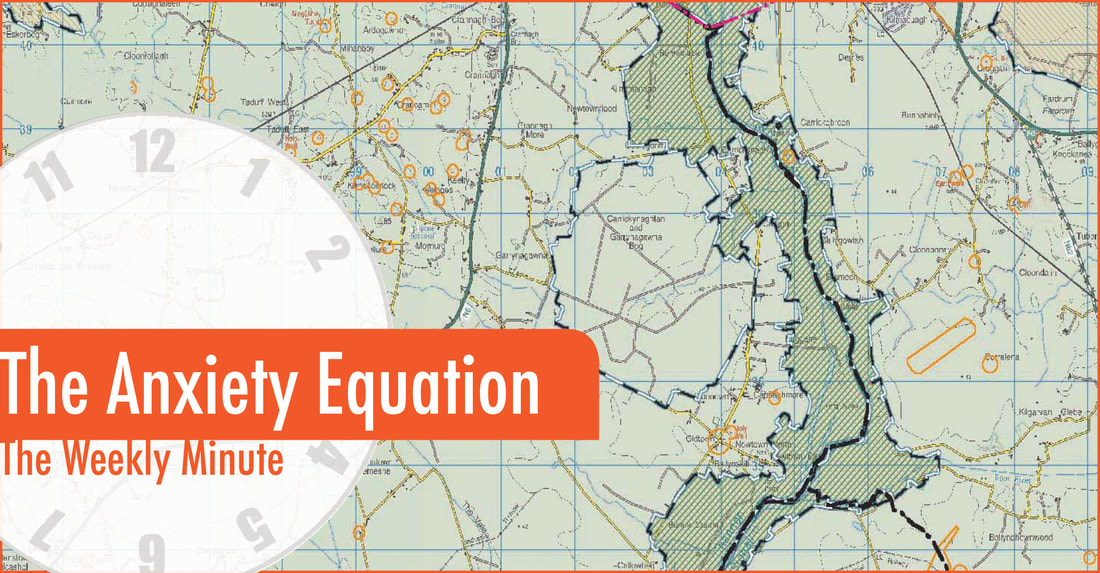

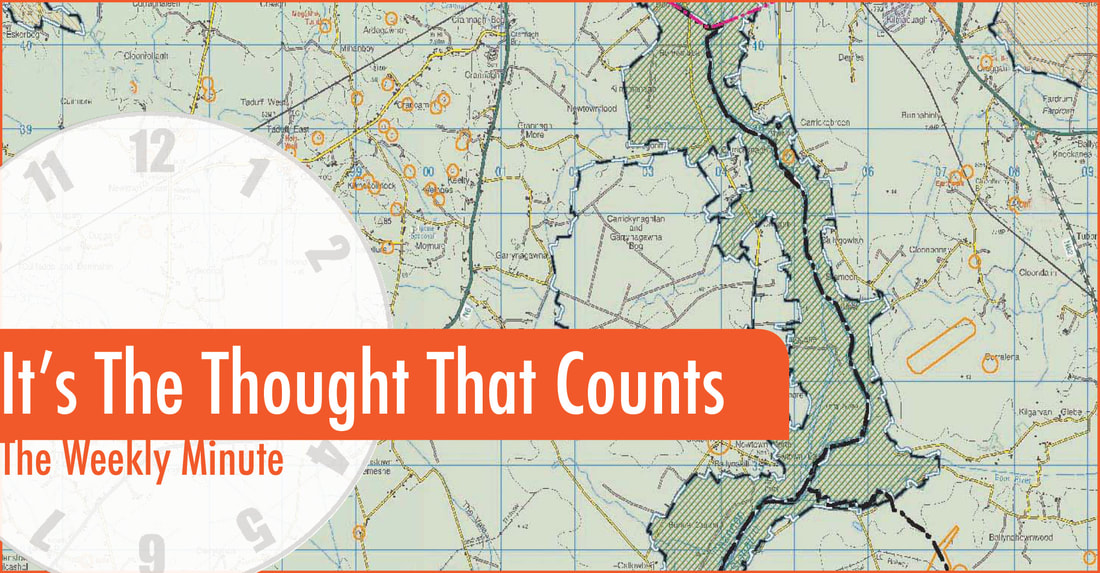
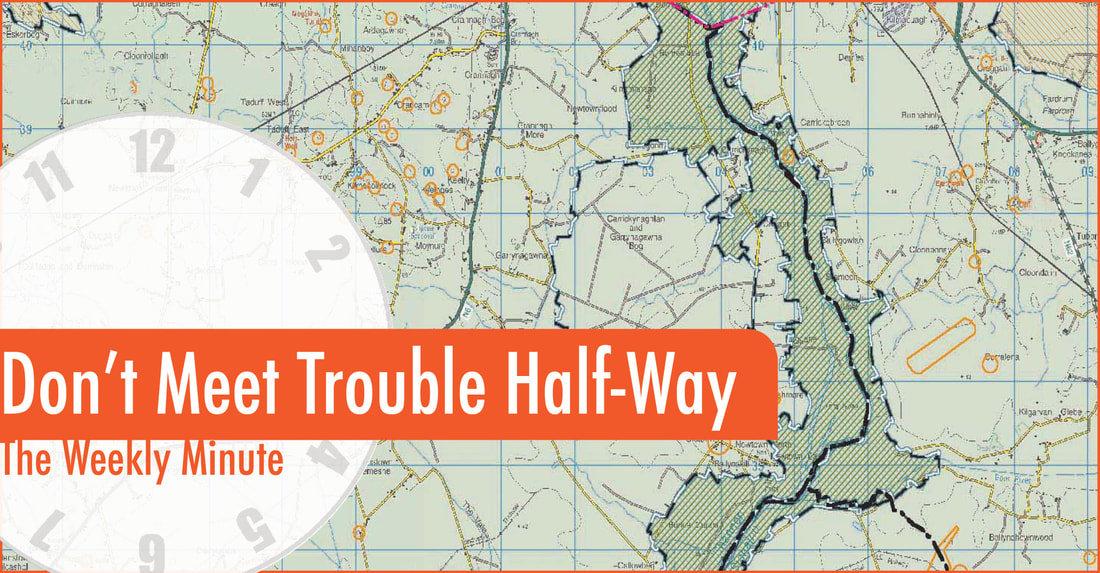

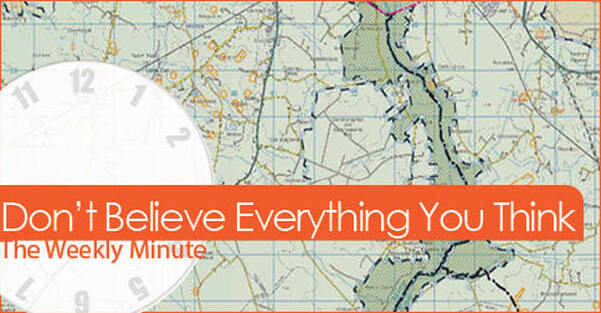
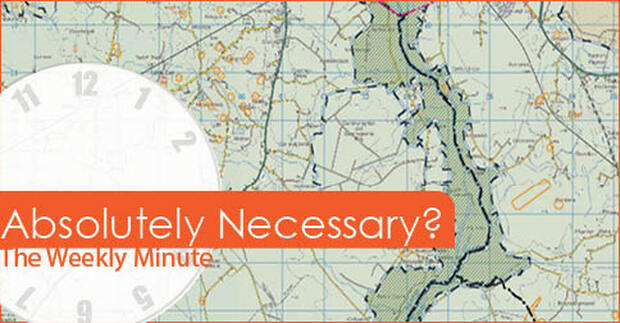
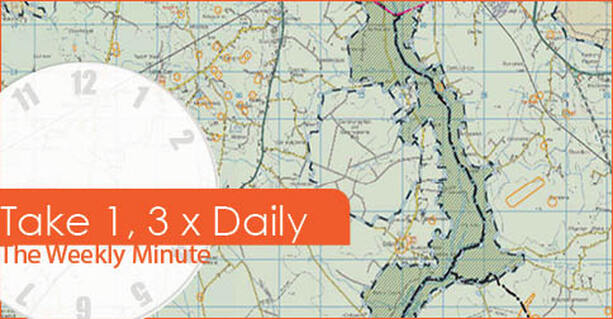

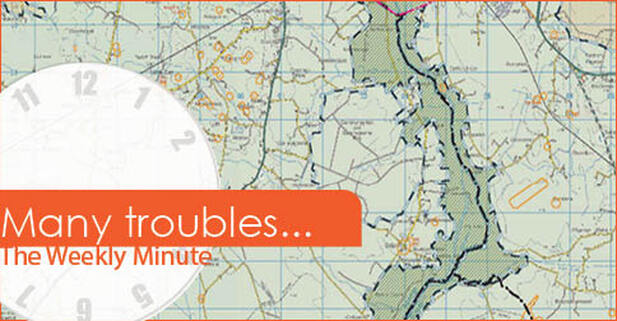

 RSS Feed
RSS Feed
